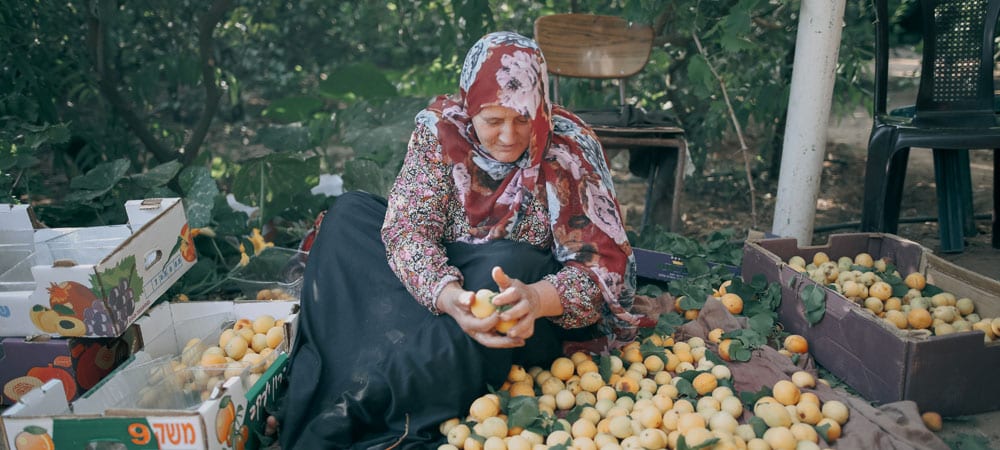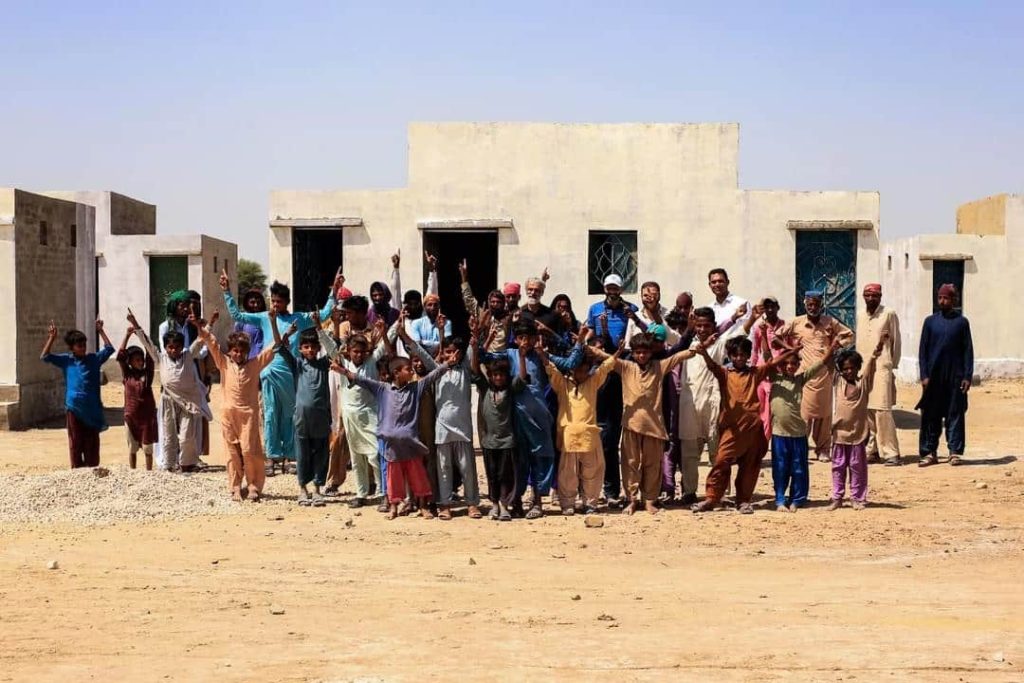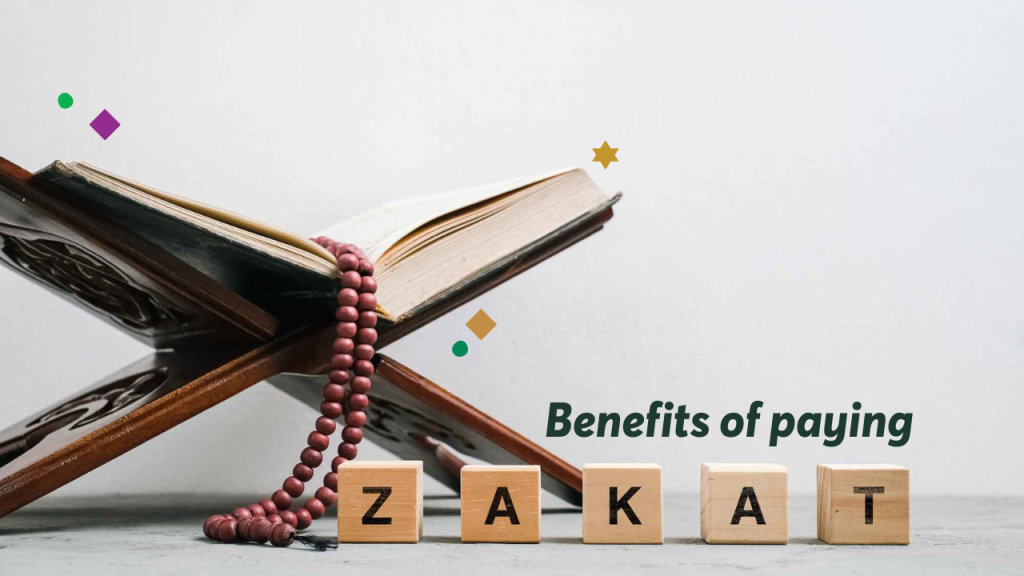While it is rightly understood as a prescribed part of Ramadan to be paid by the devout, it is easy to approach it as one would their taxes, as a matter of duty and obligation as the days of fasting and nights of prayer come to a close, and sometimes, as a last minute task not to be forgotten.
Folded into the last days and minutes of the month, the significance of this seemingly minor act can get lost.
“Therefore turn in prayer to your Lord and sacrifice (to Him only).” – Surah Al-Kawthar 108:2
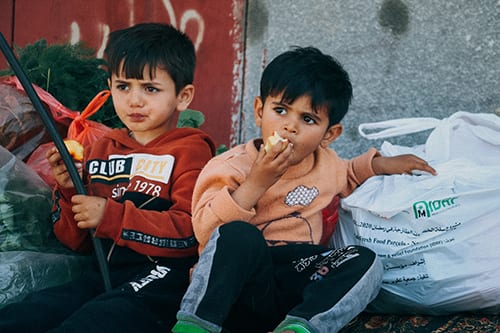
Meaning in Action
Zakat-ul-Fitr connects the personal and spiritual life of a Muslim with history, community and culture. As an obligation prescribed by God (Allah ) it connects one’s faith with ones actions, and one’s life with the lives of others. Zakat-al-Fitr is sometimes also called Fitrana or Fitrah, related to the Arabic word iftaar, which means breaking a fast, as is done daily in Ramadan. Zakat-ul Fitr thus refers to what is to be given when the month of fasting comes to an end. Fitrah, can also refer to the “natural way”, as mentioned in the Qur’an:
… the natural way that God has instilled in all people … (30:30)
Looked at through this larger context, Zakat ul Fitr, like any act of giving to others, reflects a natural part of who we are, an innate part of us, and therefore an essential way we fulfill our own humanity and connect with others in a respectful and meaningful way.
Similarly, the word zakat comes from the same Arabic verbal root as tazkiyya, which literally means purification. In relation to other religious acts in the Islamic tradition, fasting (sawm) during the month could be understood as a purification of body, heart, and mind, while prayer (salah) a purification of one’s soul and our time spent, just as the various forms of zakat refer to the purification of ones’ wealth and actions. So while it may be a “religious tax” in the formal sense, both zakat in general and Zakat-ul Fitr specifically, are meaningful acts that extend beyond obligation, connecting to the faith of a Muslim through gratitude and recognition of God (Allah ) as the Sustainer and Provider, with a rightful claim over our wealth.
The practical benefit of Zakat-ul Fitr, for oneself and in connection to others, is best expressed through prophetic clarity:
“God’s Messenger , ordained Zakat-ul Fitr to purify the fasting person from indecent words or actions, and to provide food for the needy. [Abu Dawud and Ibn Majah]
Giving during Ramadan as an act of faith, Zakat-ul Fitr is a ‘special’ kind of charity because it purifies the fasting person of the shortcomings in his or her observance of fasting during the month. No one’s fast is perfect. We all say things or do things that we should not do, or could do better. We may speak ill of another person during the course of the month, look at something we are not supposed to, or not mindfully connect our actions in the month with intention and meaning.
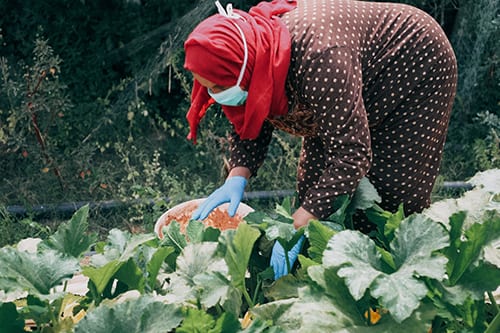
Community Care and the Wisdom of Giving
As a tradition rooted in the first community of Muslims and exemplified by the Prophet , Zakat-ul Fitr is a not only an obligatory act of individual faith, but a living tradition meant to instill kindness and compassion for others while cultivating the habit of giving within the entire community. Received by those in need on the day of Eid, it gives them a sense of belonging within the larger community by including them in the festive spirit of Eid. No one should have to spend this day hungry, nor feel deprived or left out due to material circumstance. The joy of completing Ramadan and celebrating on Eid is not only an individual accomplishment but also one shared and experienced with others.
In paying Zakat-ul Fitr and continuing to give beyond Ramadan, we strengthen a sense of unity with the marginalized while also alleviating their hunger and suffering. In their well-being is our own, and in giving we may actually find we receive more than we give. Whether it is the blessings we see in our life, the smiles of an orphaned child or widowed mother, the duas made for us by those who receive our giving, or the practical benefit we all receive when suffering in the world is eased and its causes alleviated, giving charity builds all of our lives.
Witness the Fruits of Your Giving
To see how your Zakat-ul Fitr builds lives, strengthens families, transforms communities, and supports a nation, witness the multiple benefits your giving has to those who receive it.
For a number of years IDRF has been dedicated to giving Zakat-ul Fitr to some of the poorest Palestinian families in Gaza, including widows, orphans and children.
A part of a comprehensive project in Gaza, IDRF purchases food from over a hundred small-scale farmers, whom we also support with training and land rehabilitation, thus ensuring their livelihoods while also helping to sustain and stabilize the local economic market and infrastructure. Not only are meals distributed to those in need on the day of Eid, but food for over 6000 people is provided throughout the entire month of Ramadan, providing 5 weeks’ worth of food in total, and an Eid Gift for families and their children. With nearly 70% of recipients children, and a quarter of them under 5 years old, your generous donations are vital to improving and building their lives.
This year like any other, their Eid should be as ours – a time of joy, a time of celebration, a day for feasting and wearing new clothes, for laughing with their loved ones, and knowing that they belong to a global community that has not forgotten about them. This year and in the future, may we remember that paying our Zakat-ul Fitr is much more than obligation, it is a means to divine mercy, to our peace and happiness and someone else’s, bringing meaning and many benefits not only to others but to ourselves.
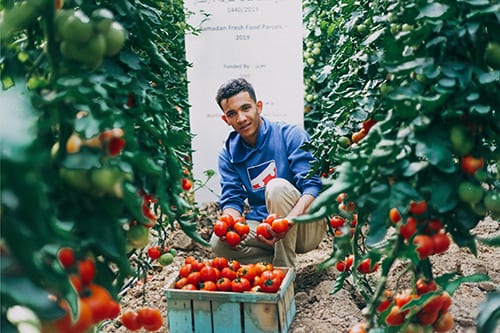
Paying your Zakat al Fitr
Giving during Ramadan as an act of faith, Zakat-ul Fitr is a ‘special’ kind of charity because it purifies the fasting person of the shortcomings in his or her observance of fasting during the month.
Zakat-ul-Fitr is sometimes also called Fitrana or Fitrah, related to an Arabic word which means breaking a fast, as is done daily in Ramadan. Zakat-ul-Fitr thus refers to what is to be given when the month of fasting comes to an end. It is to be distributed before the end of Ramadan.
The amount given in Zakat-ul-Fitr should be enough to cover a single meal for a single individual and must be given on behalf of each member of a family. IDRF follows local market prices on determining the value, which is currently $15 per person and can be donated to IDRF as part of other religious giving.
To see more information about how IDRF used your Zakat al Fitr donations, visit our Zakat Policy.
